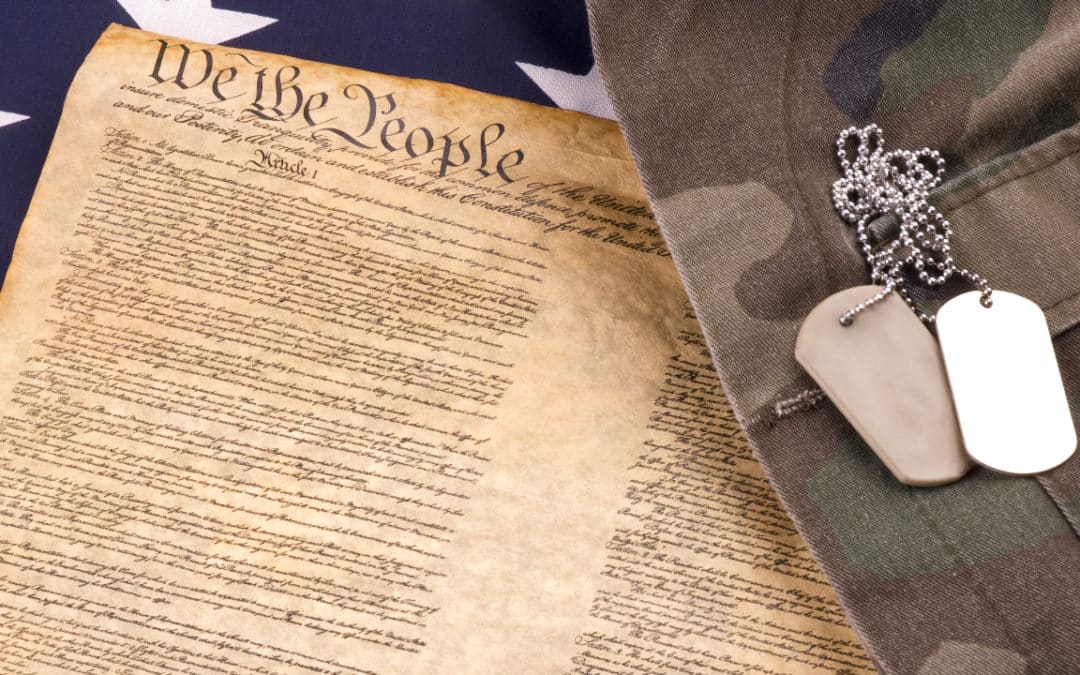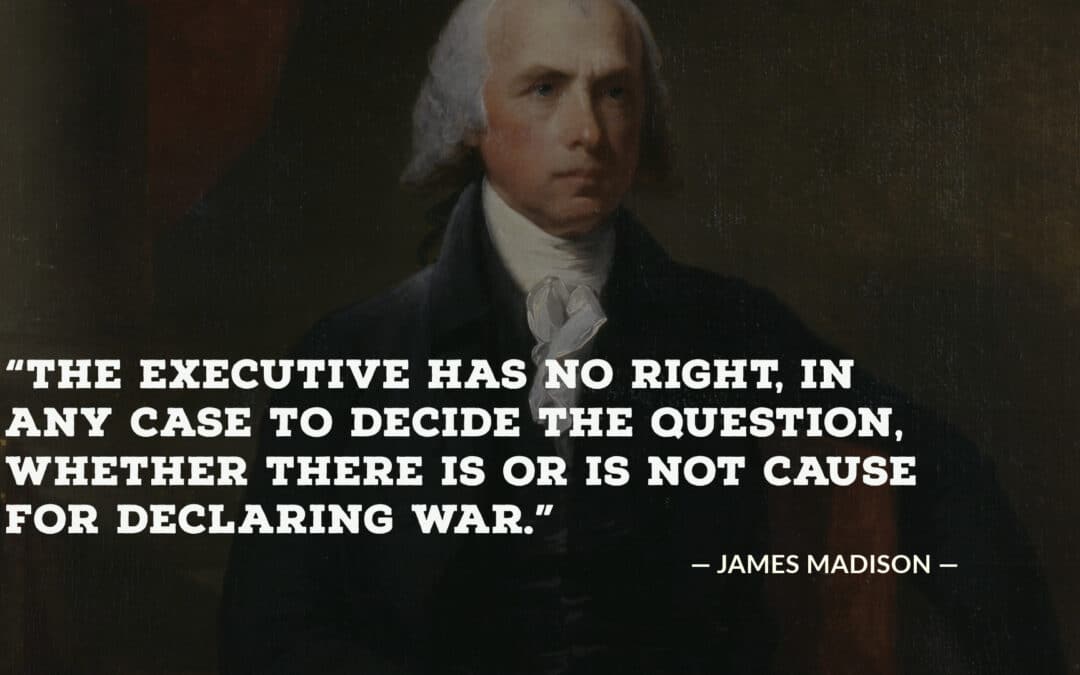

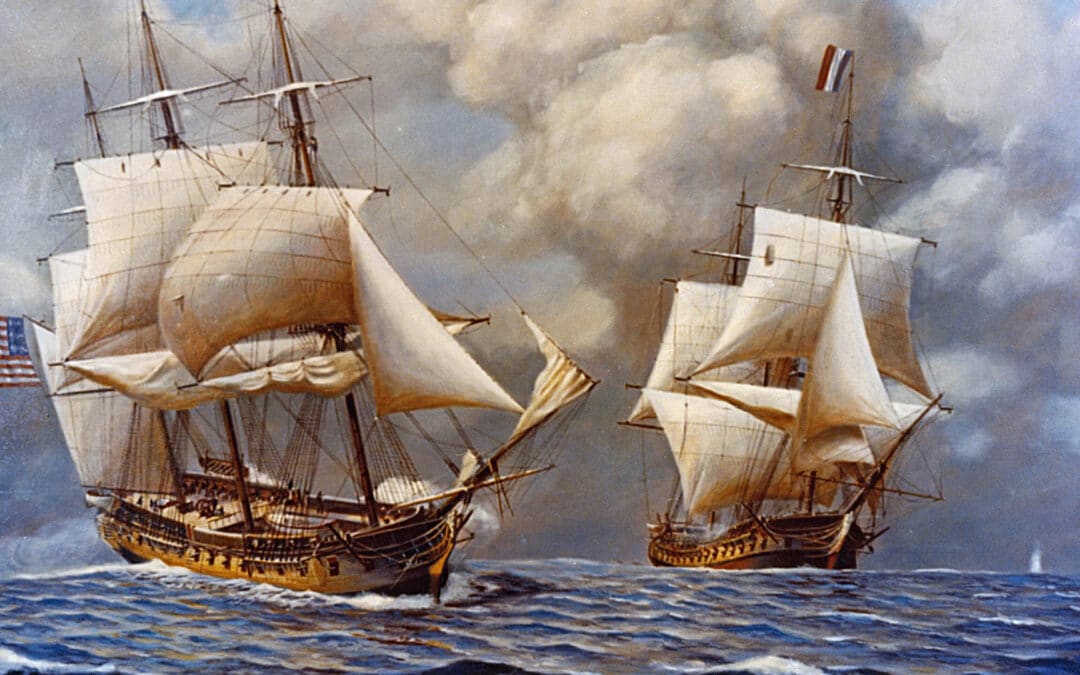
War Powers: The True History of John Adams and the Quasi-War with France
Many people believe presidents have a great deal of authority to make unilateral decisions about war without the approval of Congress. To support this conclusion, they often point to actions taken by early presidents such as John Adams. But this narrative doesn’t...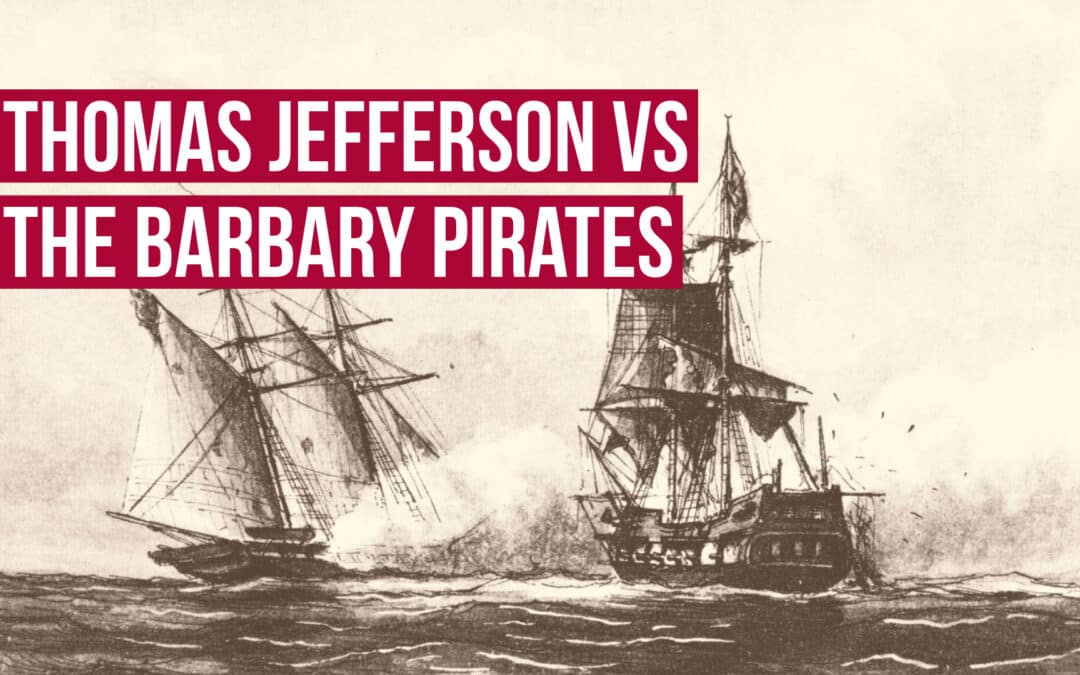
War Powers: The True History of Thomas Jefferson and the Barbary Pirates
People on both the left and the right claim the president possesses significant, unilateral power over military action, and they support this myth by perpetuating a big lie – that Thomas Jefferson did the same in response to the Barbary Pirates. But like so...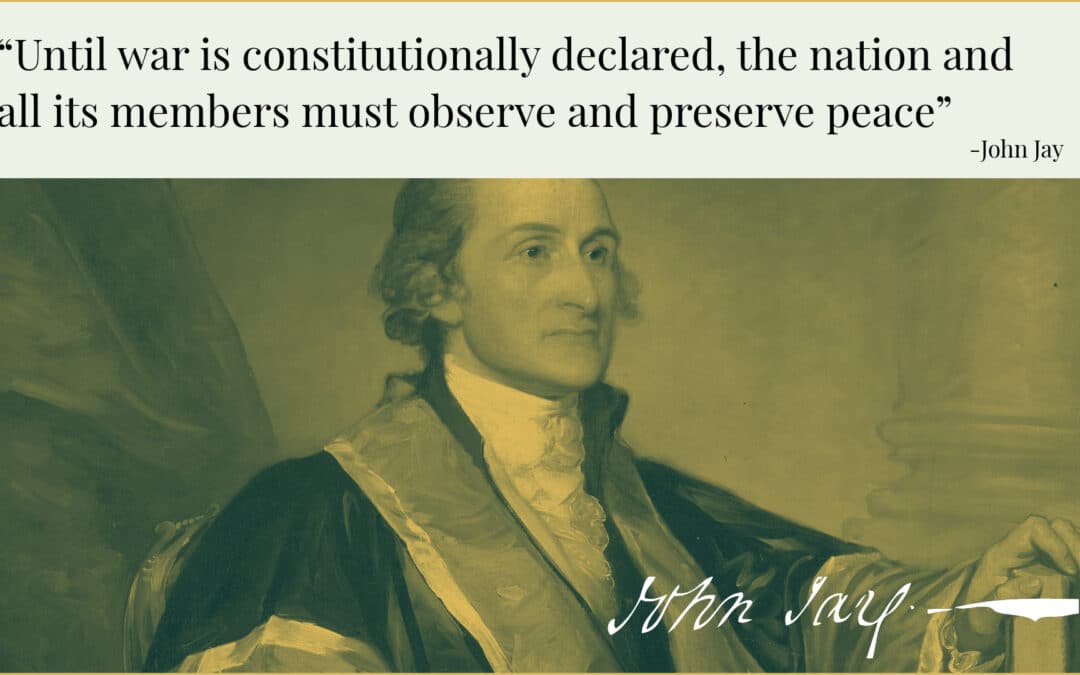
What The Constitution Means By “Declare War”
In the 2000 film Thirteen Days chronicling the Cuban Missile Crisis, John F. Kennedy tells General Taylor, “I’m the president of the United States, and I decide when we go to war.” That’s how presidents have done things for decades. The problem is, that’s not...